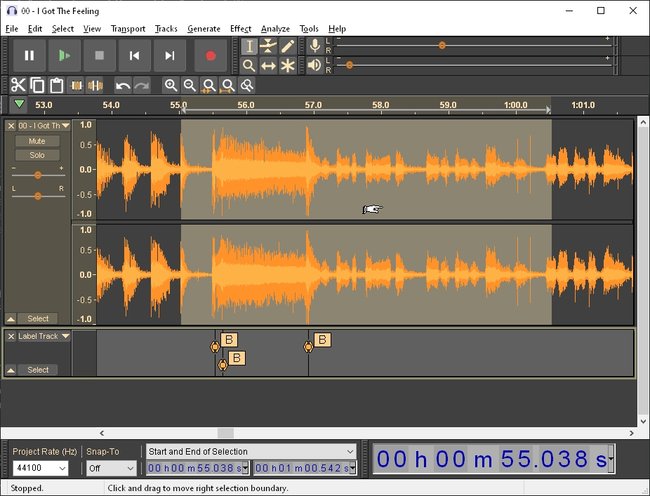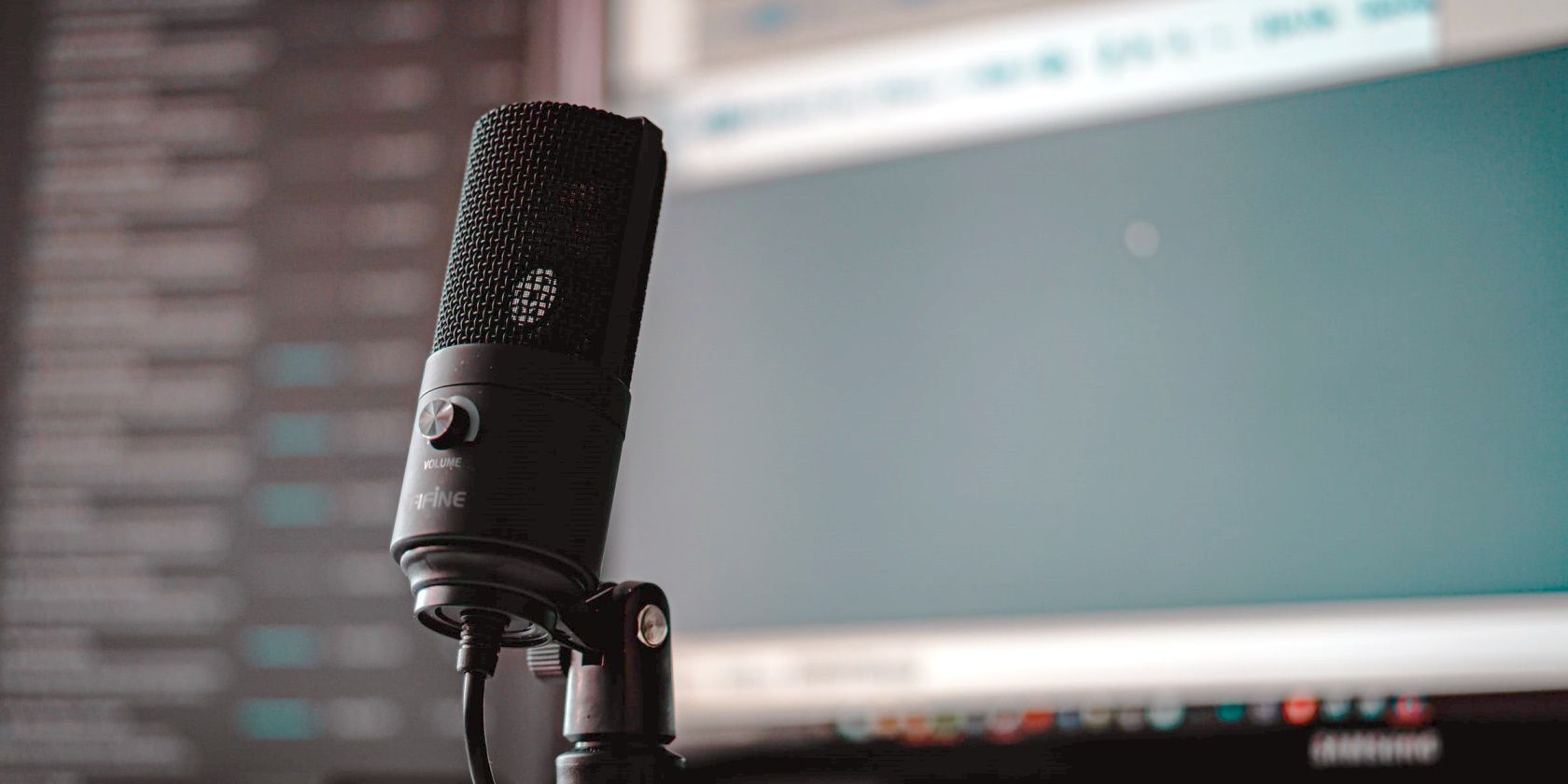

Audacity fork install#
On Elementary, Mint, and other Debian-based distributions: $ sudo apt install audacity On Fedora, Mageia, and similar distributions: $ sudo dnf install audacity Install Audacity on LinuxĪudacity is available on most Linux distributions from your package manager. Throughout this article, I'll highlight the keyboard shortcut I use in Audacity if you want to optimize your own settings. By building shortcuts around single letters, you can have one hand on the mouse and one on the keyboard, so the delay between choosing a tool or an important function and clicking the mouse is mere milliseconds. I use Audacity a lot, and being an editor by training, I'm used to significant and usually single-key keyboard shortcuts in my applications. The Audacity team has consistently provided an open source application for recording and cleaning up sound in the two decades since. Audacity recognized that, occasionally, the average computer user needed to edit audio. Initially developed at Carnegie Mellon University at a time when many people still thought computers were just for office and schoolwork, and you required special DSP peripherals for serious multimedia work. The Audacity sound editor is one of those open source applications that filled a niche that seemingly nobody else realized existed. More details about the fork can be found in its GitHub page.

Audacity fork software#
Everyone can participate in help in different things, even if you are not a software developer and just an old Audacity user. If you are an Audacity user or a software developer interested in this topic, than you are more than welcome to join the discussions and decide the future of the Audacity fork. Which is why all of this is very important. One can expect that once things are defined and settled, various Linux distributions could be pick the fork up and drop the official old Audacity package from its official repositories. Some folks mentioned that GitHub actions could be used to automate the task, but nothing is settled yet.Īll of these are important discussions that are taking place right now as we speak in order to decide the future of the fork. As the main developer announced that he can not provide the Windows binaries by himself, someone will need to come forward in order to build the fork for Windows operating system. More developers are going to be needed to maintain the fork. Also, our fellow developer Cookie Engineer says that he can not completely maintain the fork by his own, and suggests creating an organization body on GitHub to manage the process.
Audacity fork how to#
There are some decisions that need to be taken on how to go forward: Should upstream features be merged back in the new fork or should the fork completely diverge from it? Should the fork’s graphical user interface be re-written in Qt toolkit, GTK3 or kept as it is in the old wxWidgets? “Courage”, “AudioBakery” and “Temerity” are all suggested possible names. Choosing an official name for the project, because Audacity is a registered trademark for MuseGroup, and hence, it can not be used as a name for the new project.However, he and the other friends need help in:
Audacity fork code#
However, forking a software like Audacity is no easy task.Ī fellow developer, “ Cookie Engineer” took the effort of creating an initial fork of Audacity which is stripped of all tracking code and telemetry functionality. The frustration is huge because Audacity has been an excellent audio editor since the 2000s, and it is sad to see it taken by corporate interest. Ever since the last controversy about Audacity, people have been calling to fork the program under a new umbrella so that the community can finally end this discussion and move forward.


 0 kommentar(er)
0 kommentar(er)
